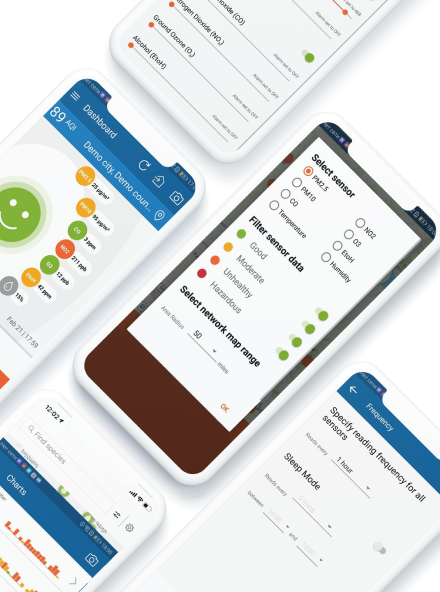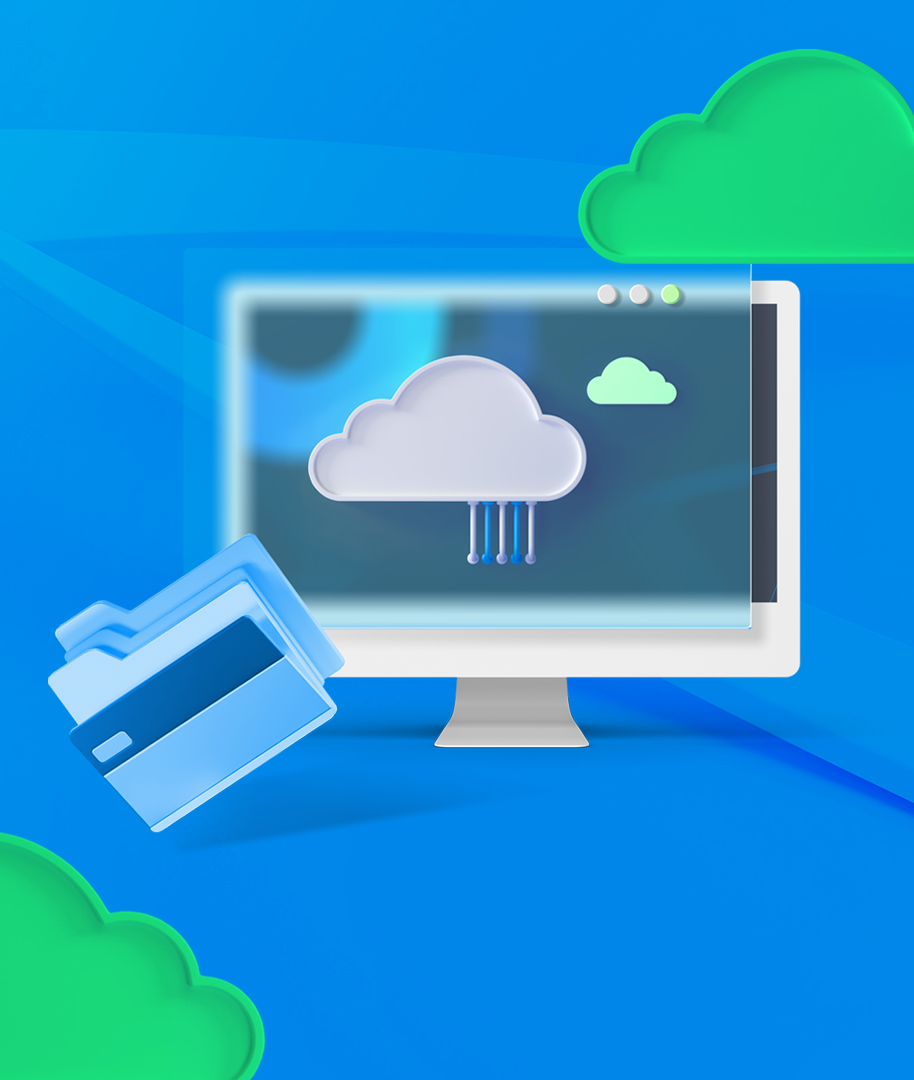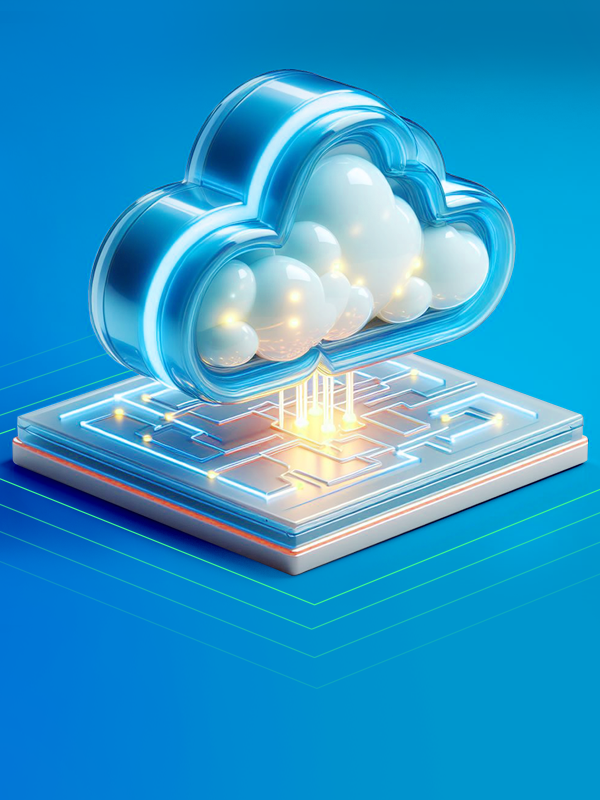
Software Development Trends 2023: Expert Roundup
19 Nov 2021

While we often wishfully declare the current global situation as a “post-pandemic” world, we are, unfortunately, very much living in a mid-pandemic reality. This means that COVID will continue to shape and accelerate digital transformation in 2023. The mandatory distance created by the virus has pushed technology to compensate for social distancing by making software solutions faster, more agile, and more personalized.
So what tech trends can we expect for the coming year? We asked industry experts to weigh in.
Low-Code Development
“In my opinion, low-code development will make a huge jump in 2022. Every software developer has been talking low-code in 2021 because it's cheaper and easier for the software developer. While it's been a favorite buzzword of sorts, low-code development still hasn't been exploited as much as it should be. It allows companies to build apps and software with minimal coding. For software developers, the decimation of the complicated development processes is a huge advantage. Simply put, low-code development will be a bigger thing for software development in 2022 than it was in 2021.
This approach is especially beneficial for startup founders. It's a perfect way to achieve software development goals much more affordably.”
Sally Stevens, Co-Founder of FastPeopleSearch.io
“In my opinion, in 2022, Low Code / No-Code solutions will gain more popularity as they allow you to reduce development costs and accelerate the product release. Moreover, they alleviate the huge gap in supply and demand for software engineers. I consider these criteria extremely important in the digital age, besides, the pandemic has catalyzed the transformation of most businesses in the world.
At the moment, there’s a number of service/systems that can cover almost all business needs. For example, systems for building web platforms (Wix, Squarespace, Bubble or WebFlow), systems for database management (Mendix, Airtable or KgBase), automated integration platforms (Zapier, Parabola or Integromat). Finally, even such domains as blockchain (Atra) or artificial intelligence (C3 AI Ex Machina) already have part in the world of Code / No-Code solutions.”
Ilya Zaprutski, Solution Architect at iTechArt Group
“No-code and low-code solutions will be game changing trends in 2022 and beyond. More and more features can be implemented using no-code tools nowadays. According to WeLoveNoCode, there are ‘241 tools available to build a software solution without coding.’ And this number is growing.
For example, to create a bulletin board website, Russian website tool Tilda together with 4 other third-party integrated tools are required. Surely, integration and launch will take some time, but it is still much faster and cheaper than ordering custom software development services. I'm sure that no code/low code solutions will become better and better, offering more and more features to realize without the necessity to write code.”
Artur Prokopchik, Business Development Manager at Code Inspiration
Composable Architecture
“Today's IT world is fast-paced, the business context is continuously changing, and the ability to rapidly, safely, and efficiently deliver new code is the most sought-after one there. In such conditions, technologies and architectures that support frequent feature implementation become essential. One such concept is composable architecture.
Composable architecture is one that can evolve and change without disrupting much of the IT architecture or fundamentally increasing the tech debt level. It comprises procured or developed independent software modules (packaged business capabilities/microservices) linked by the API channel, event-driven services, data fabric, and infrastructure automation.
Opting for the composable design, an architect identifies the smallest set of building blocks (e.g., Accounts, Orders, Products) that satisfy the core use cases. All other use cases are treated as variations of the core use cases, so they represent a different type of interaction between your building blocks, not a different composition.”
Boris Shiklo, CTO at ScienceSoft
Distributed Cloud
“Since many companies are working remotely, their backend hosting services need to be stored on different cloud providers. A single cloud server is not enough to provide sustainable services. Additionally, companies will be looking forward to expanding after the pandemic. Distributed cloud topology allows different providers to run the company’s services for different locations. The good thing about the distributed cloud is that apps will remain functional even if one server has an issue.”
Harriet Chan, Co-Founder of CocoFinder
“In light of the current shift to telework and online operations across industries, distributed cloud technologies will be one of the major forces shaping software development in 2022. By storing their workloads on multiple geographically distributed cloud servers instead of a single one, companies can capitalize on anywhere operations while ensuring significantly faster content delivery and higher service availability.”
Andrey Koptelov, Innovation Analyst at Itransition
Internet of Behavior
“Personalization will be at the center of software development in 2022. And no other phenomenon will play a bigger role in it than the Internet of Behavior. IoB relates to the gathering of data through Business Intelligence, Big Data, and Customer Data Platforms. As the name suggests, IoB tracks people's behavior as they interact with different devices and apps. This allows software designers to create personalized experiences for users.”
Elice Max, Co-Owner of EMUCoupon
"IoB, the natural progression of the Internet of Things, is going to be key in 2022. Analyzing user behaviors is increasingly important to creating personalized experiences, making tracking and understanding underlying behaviors a must for software development."
Alex Kus, CMO of Buddy Works
Immersive Technologies
“This one is probably the most interesting new and big development in technology in 2020. Virtual reality, Augmented Reality, and Mixed Reality, which is a mixture of AR and VR, are interactive technologies. There is an immense demand for these interesting emerging developments in software development.”
Aseem Kishore, Founder of Help Desk Geek
Cloud IDEs
“In 2022, there will be a major shift in the way software is developed. The biggest change will be that most developers will be using a cloud-based software development platform. This will allow them to access a variety of different programming languages from anywhere. They will be able to create and modify code in real-time, and it will be much easier to test their work. This will help make the software much faster and more reliable.”
Nuno Gomes, Founder of WithProcess
Continuous Integration and Delivery
“IT teams can use CI/CD to automate the process of implementing and reviewing change as it occurs. As a result, they can accelerate the flow of technology advancements into production environments while also tightening the distribution pipeline's feedback loops. As a result, they discover difficulties early in the creation stage and respond quickly. When digital becomes the new standard, CI/CD will have a huge impact on how the IT team works by shortening development cycles and improving the customer
experience by introducing enhancements and feedback loops more quickly.”
Adam Wood, Co-Founder of RevenueGeeks
Blockchain in Mobile App Development
“The adoption of blockchain technology is one of the many emerging trends in mobile app development. App users have long been concerned about data security and misuse. These difficulties are addressed by blockchain's provision of decentralized databases. The apps that use this technology are end-to-end encrypted, which means that no one company or individual owns or controls the data. Blockchain is the way of the future for more secure digital transactions and the transmission of sensitive user data.”
Bradley Bonnen, Founder and CEO of iFlooded Restoration
AI-Powered Coding Assistants
“For me, the most promising software development trend is AI-powered coding assistants. Sure, you’ve heard about pair programming. This takes it to the next level. Your partner is always ready to assist you (24/7), is always focused, and never tired. The most amazing thing is that it can learn your coding style and adapt to you your behavior.”
Ruben Markosyan, .NET Developer and Team Lead at VOLO
Progressive Web Apps
“When you are creating any application, you are facing problems related to supporting multiple platforms such as IOS, Android, and Web, which means you have to employ different teams. PWAs are going to make this process more simple and will provide more flexibility to small groups of creators to create apps that will be available on all platforms.”
Yervand Abrahamyan, .NET Developer at VOLO
Looking to implement the latest tech trends?
Which trend is going to be a growth driver in your business? To address your technology challenges and maintain your competitive edge, you need a powerful team of problem solvers, who always stay atop the latest developments in tech, to offer you the best solutions for your business.
Contact us for your next tech project and let us help you drive your digital transformation from assessment to implementation.



